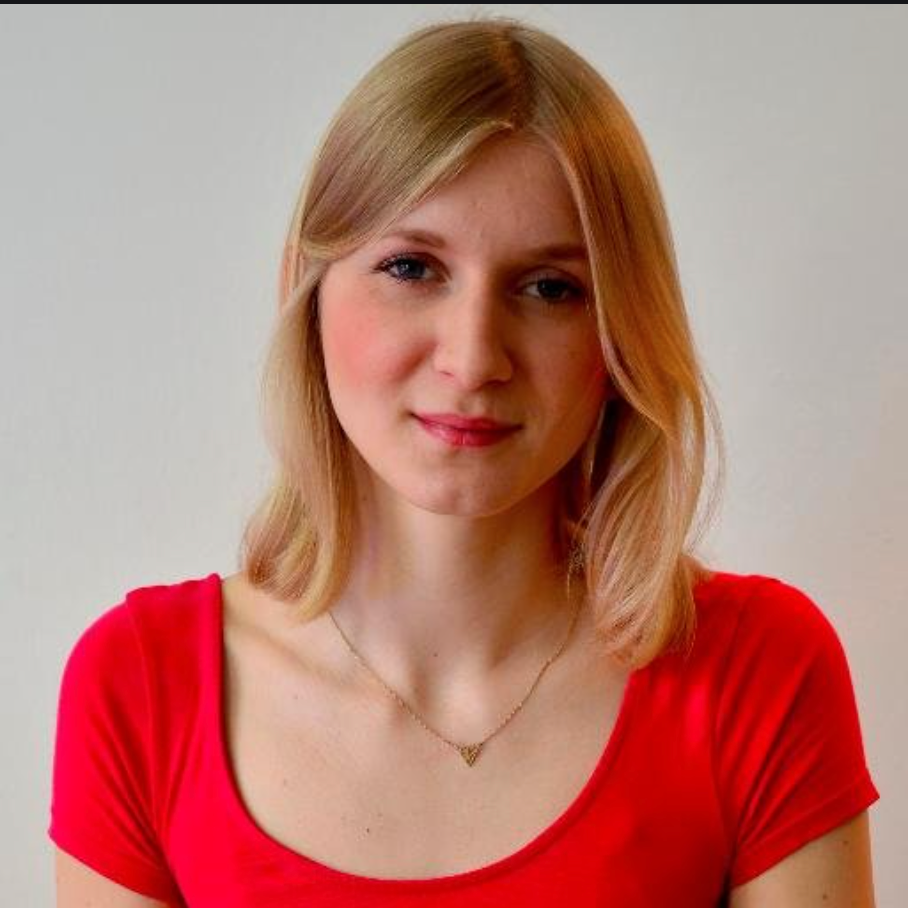AI & Neuroscience: Combining Real-Time Brain Imaging and Machine Learning | Romy Lorenz
About This Video
Cognitive neuroscientists are often interested in broad research questions, yet use overly narrow experimental designs by considering only a small subset of possible experimental conditions. This limits the generalizability and reproducibility of many research findings. In this workshop, I present an alternative approach, “The AI Neuroscientist”, that resolves these problems by combining real-time brain imaging with a branch of machine learning, Bayesian optimization. Neuroadaptive Bayesian optimization is an active sampling approach that allows to intelligently search through large experiment spaces with the aim to optimize an unknown objective function. It thus provides a powerful strategy to efficiently explore many more experimental conditions than is currently possible with standard brain imaging methodology. Alongside methodological details on non-parametric Bayesian optimization using Gaussian process regression, I will present results from a clinical study where we applied the method to map cognitive dysfunction in stroke patients. Our results demonstrate that this technique is both feasible and robust also for clinical cohorts. Moreover, our study highlights the importance of moving beyond traditional ‘one-size-fits-all’ approaches where patients are treated as one group. Our approach can be combined with brain stimulation or other therapeutics, thereby opening new avenues for precision medicine targeting a diverse range of neurological and psychiatric conditions.
In this workshop, we focus on temporal domain from perspective of both traditional recommender systems and deep neural networks. We first start with the classic latent factor model. We introduce temporal dynamics in the latent factor model and show how this improves performance. We then move into sequential modelling using deep neural networks by presenting state-of-the-art in the field and discuss the advantages and disadvantages.
This workshop was conducted by Romy Lorenz, Postdoctoral Fellow at Stanford University and University of Cambridge
In This Video

Postdoctoral Fellow, Stanford University, University of Cambridge
Romy is a cognitive neuroscientist with a multidisciplinary background in psychology and biomedical engineering. She is a Sir Henry Wellcome Postdoctoral Fellow at the University of Cambridge, Stanford University and the Max Planck Institute for Human Cognitive & Brain Sciences.
Her research interest lies in developing brain-computer interfaces and artificial intelligence (AI) with the aim to address neuroscience questions that have been historically challenging to tackle with conventional methods. She received her PhD from Imperial College London.

